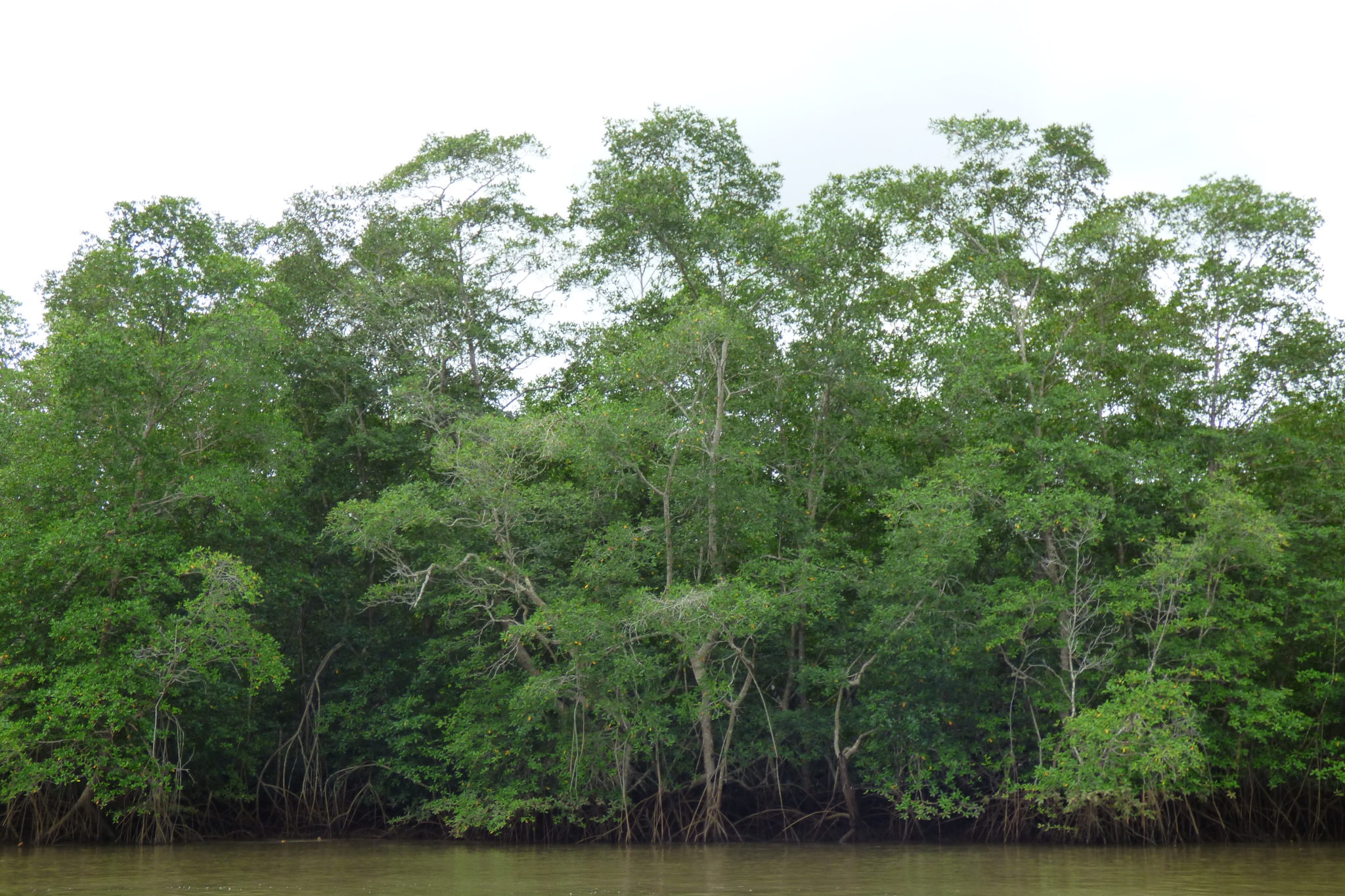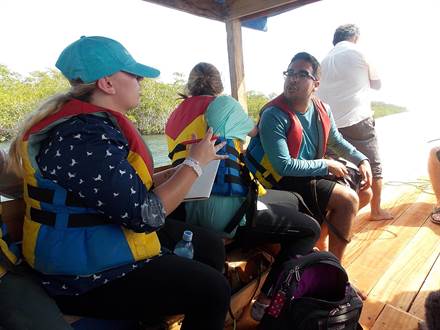
Stepping outside of my comfort zone in Panama
-
Conservación de humedales costeros
-
Resiliencia costera
In a few days I will travel to Panama with Roxo to work with Wetlands International. I travelled to Argentina a few years ago and I loved the new culture I was immersed with. I loved stepping outside of my comfort zone in Argentina and I am excited to do it again in Panama. I expect this trip to challenge my Spanish speaking in a good way. I consider myself fluent in Spanish because I have been speaking it all my life. Fun fact: It’s actually my first language. Panama might have different slang words compared to the slang words I know or might speak at a faster rate than I am used to. Instead of being scared of change, I am ready to embrace it and work on my Spanish.

Regarding Wetlands International, I know they are an organization that specializes in mangrove restoration. These mangroves are beneficial to the environment and communities because they provide shelter and food. I am excited to learn more about these natural structures and how the communities we will visit appreciate the mangroves. I have never seen a mangrove and I plan to talk about my experiences with my family and friends back in Texas.
During the tour we were able to interview the fishermen about their views of the mangroves, and why the mangroves are important to them. We learned that mangroves are property of Panama. The fishermen feel they have no authority or resources to help bring awareness and better protect the mangroves. They cited trash and a disrespect of the mangroves and the village culture as the two main threats putting mangroves in danger. They hope to bring more awareness to these problems through tourism, in addition to bringing in more income to sustain the village.
Oscar

These are entries by students from Texas Christian University (Fort Worth, TX, USA) Roxo students traveling to Panama for Spring Break to work with Wetlands International on the Mangrove Project.
